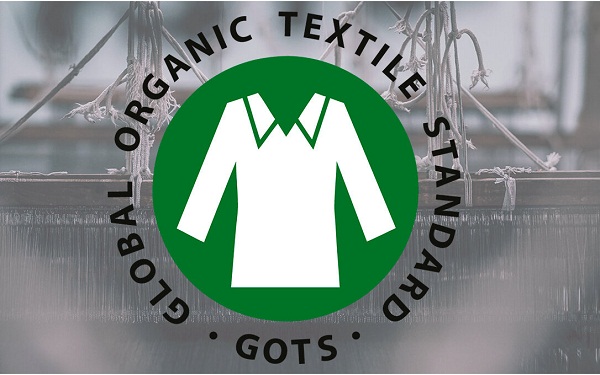
The Global Organic Textile Standard (GOTS) which was set up by leading standard setters to define worldwide recognized requirements for organic textiles is now forming many new rules to increase its credible assurance and protect the integrity of the organic cotton supply chain.
The GOTS certification ensures that only textile products that contain a minimum of 70 percent organic fibers are accepted and all chemical inputs such as dyestuffs and auxiliaries used meet the required toxicological criteria. So, it is now ensuring there is no fraud within the system and it can maintain more transparent and traceable processing for its organic textiles. The focus is on retaining the high standard of the whole system of processing, manufacturing, packaging, labeling and trading of textiles.
New, stricter rules for GOTS-certified gins
More stringent requirements for GOTS-certified gins have been introduced recently, adding to the already numerous checks and balances of every processing stage. India will be the first country required to comply with this new scrutiny as GOTS goes all out to keep up the required standard of organic textiles in all ways.
GOTS-certified gins will have to make three key changes to ensure better transparent and traceable processing for organic textiles. First, GOTS is now starting a compulsory farm-gin registry for all farms and farm groups whose certified raw material enters the GOTS system which will include information on farm yields. This registry will be introduced globally, starting with India as there have been questions about the credibility of inspection agencies in the country. Second, raw cotton will not be allowed to be transferred more than 500 km from the farm where it is grown to a government-certified gin as the shorter trade route will cut out chances of fraud and optimize the process for buyers. Third, GOTS will increase the number of sudden audits at cotton gins where there is a high perception of fraud risk in the organic cotton sector.
Focus on strengthening integrity in organic cotton
Meanwhile, the Textile Exchange, a global non-profit organization that is driving positive action on climate change across the fashion and textile industry has recently released a report on integrity issues. This states “Challenges in integrity are neither new nor unique to organic cotton, and they often evolve. Strengthening integrity in organic cotton aims to provide more guidance on ways the industry can act to improve integrity, recommending that brands and supply chain partners proactively adopt an integrity system that tackles fraud by building compliance through standards and certification, achieving traceability for organic content, improving incentives for supply chain partners, and reviewing, improving, and collaborating with others.’’
As per the new rules, Organic Content Standard (OCS) from December 1, 2022 will mandatorily require that site inputs from GOTS will provide traceability of all transaction certificate data back to the original farm source and will also include full transaction certificate data such as product and input product and also farm input data like farm capacity. To prevent further fraud, all first processors, which include cotton gins that ultimately provide GOTS inputs into an OCS product down supply chain needs to be certified to the OCS and provide evidence of all inputs from farms. It will soon become mandatory for all certification bodies and standards users to supply this additional data from now on. All this will help to minimize fraud and provide a better quality product to the end-consumer.












